Smart Label Printing
High-Quality Custom Smart Label Printing for Accurate Tracking & Identification
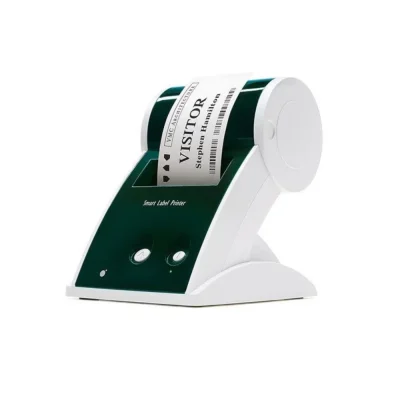
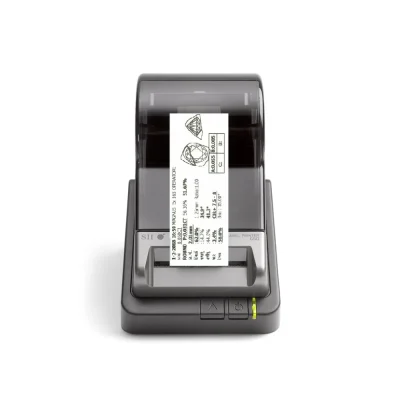
Smart label printing refers to the advanced technology used to print labels that not only provide basic information but also include interactive and dynamic features such as barcodes, QR codes, RFID tags, and smart sensors. These labels can store more data, track products, and even interact with mobile devices or other smart technologies. Smart label printing enables businesses to create highly efficient and automated labeling solutions, improving operational processes in industries like logistics, healthcare, retail, and manufacturing.
Product Details
- Integration with Digital Technologies: Supports barcodes, QR codes, and RFID tags to create labels that can store and share data with other devices and systems.
- Enhanced Tracking and Automation: Provides automatic tracking of products or assets throughout their lifecycle, from production to shipping and delivery.
- Customizable Labels: Labels can be customized with logos, text, QR codes, barcodes, and other dynamic data to suit specific business needs.
- Smart Connectivity: Compatible with cloud-based systems and mobile apps for easy access to label data and real-time updates.
- Long-Term Durability: Designed for use in tough environments, smart labels are often made with high-quality materials to withstand moisture, extreme temperatures, and physical wear.
- Compatibility with Industry Standards: Works with standard labeling systems like GS1, enabling interoperability across various devices, industries, and regions.
- Near Field Communication (NFC) Integration: Some smart labels come with NFC capabilities, allowing consumers to interact with products directly through their smartphones.
- High-Speed Printing: Designed for high-volume printing with quick setup, ensuring rapid production of large batches of smart labels.
- Improved Supply Chain Efficiency: Smart labels enable better tracking of products as they move through the supply chain, minimizing errors, delays, and loss of items.
- Real-Time Data Access: Labels equipped with QR codes or RFID tags allow businesses to access real-time data for inventory management, product history, and more.
- Enhanced Customer Engagement: QR codes and NFC technology can provide consumers with additional product information, promotions, and interactive experiences.
- Reduced Human Error: Automation of data collection and product identification reduces the chances of manual errors, leading to more accurate information.
- Cost Savings: By streamlining labeling processes, reducing mistakes, and improving efficiency, businesses can reduce operational costs.
- Increased Security: Smart labels can help with product authentication, preventing counterfeiting and improving brand protection.
- Compliance with Regulations: Smart labels help businesses meet industry-specific regulatory requirements, such as tracking products for safety, quality, and health purposes.
- Sustainability: Smart labels can be made from eco-friendly materials and help businesses track and reduce waste, contributing to sustainability goals.
- Printing Technology: Thermal, direct thermal, or inkjet, depending on the type of label required.
- Resolution: Typically 300 dpi or higher for crisp and clear text, barcodes, and QR codes.
- Connectivity Options: USB, Bluetooth, Wi-Fi, and cloud-based integration for ease of use and remote access.
- Supported Label Types: Address labels, product labels, shipping labels, barcode labels, RFID labels, and more.
- Label Materials: Paper, polyester, polypropylene, or vinyl, depending on the environment and durability needed.
- Label Sizes: Customizable to fit specific applications, from small tags to large shipping labels.
- Power Source: Can be battery-powered for mobile use or connected to an AC adapter for stationary setups.
- Software Compatibility: Integrates with barcode software, ERP systems, and inventory management platforms.
- Retail: Smart labels are commonly used for inventory tracking, price tags, product authentication, and enhancing the customer experience with QR codes or NFC.
- Logistics and Shipping: Ideal for tracking packages, shipments, and inventory movement in real-time, ensuring timely deliveries and accurate order fulfillment.
- Healthcare: Used for labeling medical equipment, pharmaceuticals, patient identification, and tracking the lifecycle of medical supplies, ensuring accuracy and compliance.
- Manufacturing: Helps manage raw materials, parts, and finished goods throughout the production process, enabling seamless inventory management.
- Asset Management: Smart labels are used for tracking and managing company assets like equipment, tools, and machinery to ensure they are properly maintained and accounted for.
- Food and Beverage Industry: Used for tracking ingredients, expiration dates, and product batches, ensuring quality control and safety compliance.
- Consumer Goods: Smart labels can enhance product traceability and offer consumers valuable information, such as product origins, usage instructions, or warranty details.
- Libraries and Document Management: Smart labels are used in libraries to track books, documents, and media, providing easy access to digital content and improving organization.
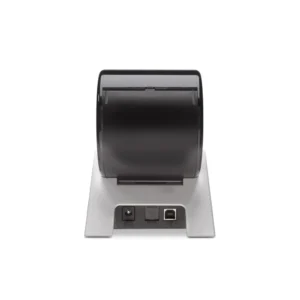
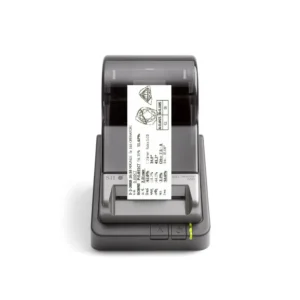
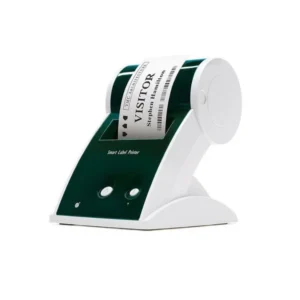
Contact Us
Drop a Message Get a Quick Reply
Want to get in touch? we’d love to hear from you. Here’s how you can reach us.
